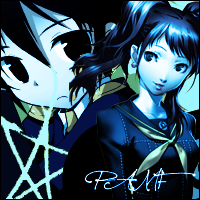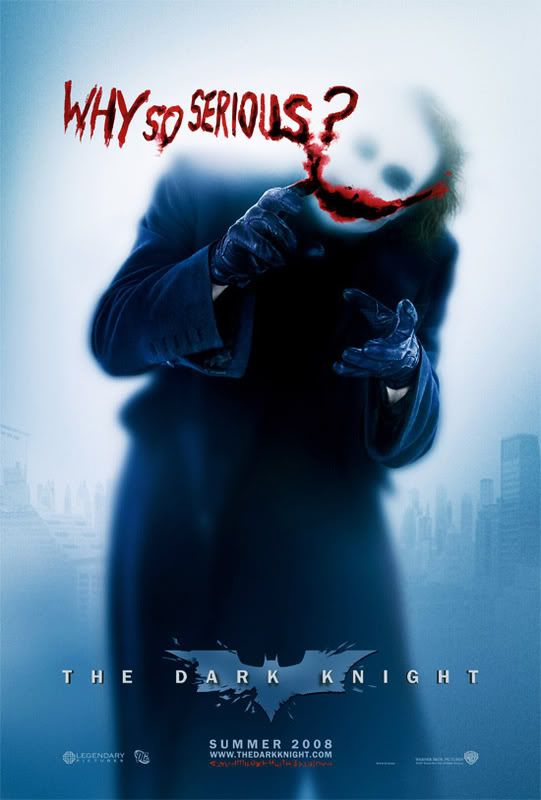Ready to RAWK!?
Gender: Male
Location: Ontario, Canada.
Rank: Ace Attorney
Joined: Wed Oct 10, 2007 10:56 pm
Posts: 9051





Posted by Request.
Sig by Elriel. Avatar taken from a YouTube video of Rawk Hawk's Theme.
Sig changed on December 08, 2008. Avatar changed on December 14, 2008.

an awesome avvy by my best friend Harumi
Gender: Male
Location: Trying to meet old friends again on Court-Records
Rank: Ace Attorney
Joined: Sun Feb 17, 2008 7:06 am
Posts: 2212

Made by the fabulous Vickinator!
Ready to RAWK!?
Gender: Male
Location: Ontario, Canada.
Rank: Ace Attorney
Joined: Wed Oct 10, 2007 10:56 pm
Posts: 9051





Posted by Request.
Sig by Elriel. Avatar taken from a YouTube video of Rawk Hawk's Theme.
Sig changed on December 08, 2008. Avatar changed on December 14, 2008.

an awesome avvy by my best friend Harumi
Gender: Male
Location: Trying to meet old friends again on Court-Records
Rank: Ace Attorney
Joined: Sun Feb 17, 2008 7:06 am
Posts: 2212

Made by the fabulous Vickinator!

Fursuit attourney
Gender: Male
Rank: Suspect
Joined: Tue Jun 17, 2008 9:14 pm
Posts: 2
Ready to RAWK!?
Gender: Male
Location: Ontario, Canada.
Rank: Ace Attorney
Joined: Wed Oct 10, 2007 10:56 pm
Posts: 9051





Posted by Request.
Sig by Elriel. Avatar taken from a YouTube video of Rawk Hawk's Theme.
Sig changed on December 08, 2008. Avatar changed on December 14, 2008.

Alita x Wocky FTW!!
Gender: Male
Location: Bintaro, Indonesia
Rank: Decisive Witness
Joined: Sun Feb 24, 2008 11:42 am
Posts: 182
 Something wicked this way comes
Something wicked this way comes
Ready to RAWK!?
Gender: Male
Location: Ontario, Canada.
Rank: Ace Attorney
Joined: Wed Oct 10, 2007 10:56 pm
Posts: 9051
NOT... LETTING... GO... THIS... TIME...!!!





Posted by Request.
Sig by Elriel. Avatar taken from a YouTube video of Rawk Hawk's Theme.
Sig changed on December 08, 2008. Avatar changed on December 14, 2008.

Putting Smiles on those Faces.
Gender: Male
Rank: Medium-in-training
Joined: Sat Mar 15, 2008 4:37 am
Posts: 335
 Perfection is an eternal struggle.
Perfection is an eternal struggle.  With age comes lemons.
With age comes lemons. Sex and death.
Sex and death. Behold the Magic Hobo!
Behold the Magic Hobo! Don't be blue. That's our job.
Don't be blue. That's our job. A tabula-rasa is easiest to write on.
A tabula-rasa is easiest to write on.  The comedian is often the best observer.
The comedian is often the best observer. Flair to replace skill.
Flair to replace skill. Appearances are everything.
Appearances are everything. I am the Law.
I am the Law.

Limey has made Franzy cry!

Special thanks and celestial donuts to you!
Ready to RAWK!?
Gender: Male
Location: Ontario, Canada.
Rank: Ace Attorney
Joined: Wed Oct 10, 2007 10:56 pm
Posts: 9051





Posted by Request.
Sig by Elriel. Avatar taken from a YouTube video of Rawk Hawk's Theme.
Sig changed on December 08, 2008. Avatar changed on December 14, 2008.

Putting Smiles on those Faces.
Gender: Male
Rank: Medium-in-training
Joined: Sat Mar 15, 2008 4:37 am
Posts: 335

Limey has made Franzy cry!

Special thanks and celestial donuts to you!
Ready to RAWK!?
Gender: Male
Location: Ontario, Canada.
Rank: Ace Attorney
Joined: Wed Oct 10, 2007 10:56 pm
Posts: 9051





Posted by Request.
Sig by Elriel. Avatar taken from a YouTube video of Rawk Hawk's Theme.
Sig changed on December 08, 2008. Avatar changed on December 14, 2008.

Putting Smiles on those Faces.
Gender: Male
Rank: Medium-in-training
Joined: Sat Mar 15, 2008 4:37 am
Posts: 335

Limey has made Franzy cry!

Special thanks and celestial donuts to you!
Ready to RAWK!?
Gender: Male
Location: Ontario, Canada.
Rank: Ace Attorney
Joined: Wed Oct 10, 2007 10:56 pm
Posts: 9051
Perhaps... Allow me to clarify my stance on EACH of them now. My replies to each lie UNDER each, after the word "Note":
So that's my opinion on each of yours. Regardless of my stance, each of them, I find, are suitable to the characters you gave them each to, to some degree... with the lone exception of Magnifi, of course... I may seem cruel, but the more explanitory I am, the more you can tell I have faith in your abilities, and admire your skill in the craft... Very nicely done, ese!





Posted by Request.
Sig by Elriel. Avatar taken from a YouTube video of Rawk Hawk's Theme.
Sig changed on December 08, 2008. Avatar changed on December 14, 2008.

Putting Smiles on those Faces.
Gender: Male
Rank: Medium-in-training
Joined: Sat Mar 15, 2008 4:37 am
Posts: 335
So that's my opinion on each of yours. Regardless of my stance, each of them, I find, are suitable to the characters you gave them each to, to some degree... with the lone exception of Magnifi, of course... I may seem cruel, but the more explanitory I am, the more you can tell I have faith in your abilities, and admire your skill in the craft... Very nicely done, ese!
Someone is paying attention to me! That means I don't have to start posting horrifying pictures!

Thanks for the critiques. I don't particularly mind if you don't agree or have opinions on my stuff, and it's always fun to debate them. As such, I have my own responses:

Limey has made Franzy cry!

Special thanks and celestial donuts to you!
Who is online
You cannot reply to topics in this forum
You cannot edit your posts in this forum
You cannot delete your posts in this forum
You cannot post attachments in this forum


 Jake Marshal, Emo Texas Ranger, Chuck Norris approved.
Jake Marshal, Emo Texas Ranger, Chuck Norris approved. When you have hair troubbles, get Payne.
When you have hair troubbles, get Payne. The offical GS Rock Lee look-alike.
The offical GS Rock Lee look-alike. House, only with a knowlage of medical ethics.
House, only with a knowlage of medical ethics. Feeling lucky? Then go on a date with this one.
Feeling lucky? Then go on a date with this one. Dunken doughnuts fears me!
Dunken doughnuts fears me! Noodles are yummy, but revenge is so much sweeter.
Noodles are yummy, but revenge is so much sweeter. The official mini mouse look-alike.
The official mini mouse look-alike. The offical lawyer of the Justice League.
The offical lawyer of the Justice League. Forging ahead with forged evidence.
Forging ahead with forged evidence. The offical paperboy of the Republican.
The offical paperboy of the Republican.



 All things are mechanical. You just need to find their parts.
All things are mechanical. You just need to find their parts. The relentless annoy as much as they impress.
The relentless annoy as much as they impress. An iron fist tends to crush all it holds.
An iron fist tends to crush all it holds. A bright crest can only scare predators, not cut them.
A bright crest can only scare predators, not cut them. Fight for your name, or become part of another's.
Fight for your name, or become part of another's. Style can only get you so far.
Style can only get you so far. Flair can conceal something darker.
Flair can conceal something darker.  How much can you lose before you break?
How much can you lose before you break?
